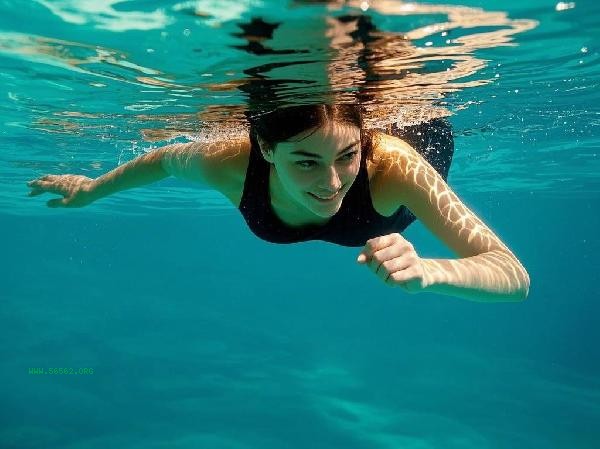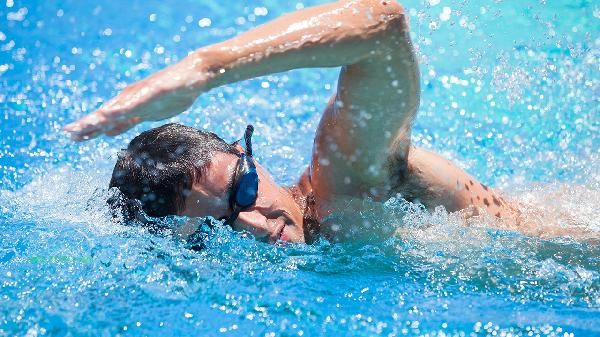It is recommended to consume a moderate amount of easily digestible, high carbohydrate foods such as bananas, whole wheat bread, oatmeal, low-fat yogurt, and energy gel before swimming competitions. This type of food can quickly provide energy and avoid gastrointestinal burden. Paired with a small amount of high-quality protein and healthy fats, it can prolong satiety.

1. Bananas
Bananas are rich in potassium and natural sugars, which can prevent electrolyte loss during exercise and provide instant energy. Its soft texture is easy to digest, and consuming a banana 30 minutes before the competition can avoid low blood sugar reactions. Be careful to avoid excessive consumption that can lead to excessive secretion of stomach acid.
2. Whole wheat bread
The complex carbohydrates in whole wheat bread can stably release energy, and when paired with a small amount of peanut butter, it can supplement healthy fat. It is recommended to choose whole wheat products without added sugar, and it is advisable to consume 1-2 tablets one hour before the competition. Gluten allergy sufferers should switch to gluten free bread.
3. Oatmeal
The low glycemic index characteristic of oatmeal helps maintain stable blood sugar levels, and water-soluble dietary fiber can delay hunger. Brew half a bowl of oats with low-fat milk, preferably consumed 2 hours before the competition. Avoid adding too much honey or sugar to prevent blood sugar fluctuations.

4. Low fat yogurt
Low fat yogurt provides high-quality protein and calcium, with whey protein easily absorbed. Choose sugar free plain yogurt and mix with a small amount of blueberries. Consume about 200 milliliters 1.5 hours before the competition. Lactose intolerant individuals can replace it with plant-based yogurt.
5. Energy Gel
Professional energy gel contains a fast energy combination of maltodextrin and fructose, suitable for emergency replenishment 15 minutes before the competition. Eat 1 pack with 200ml of water each time to avoid gastrointestinal discomfort caused by fasting. Tolerance should be tested first during daily training.

Adequate hydration should be maintained 24 hours before the competition, with 150-200 milliliters of water added every hour. Pre match meals should be controlled between 300-500 calories, avoiding high-fat, high fiber, or spicy foods. Small packages of raisins can be carried as a backup energy source. Timely supplement electrolyte drinks and moderate protein after the competition to help muscle recovery. During the long-term preparation period, it is necessary to establish a personalized diet plan and adjust the types and timing of food intake through training simulations.







Comments (0)
Leave a Comment
No comments yet
Be the first to share your thoughts!